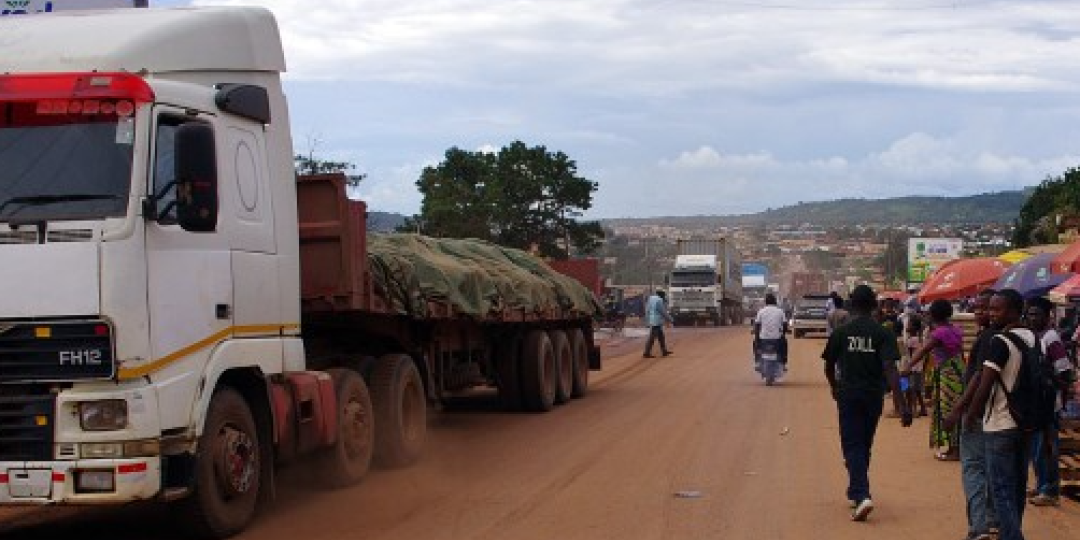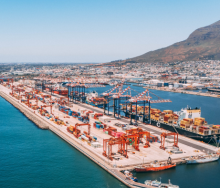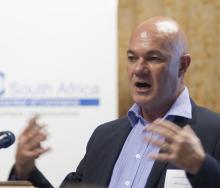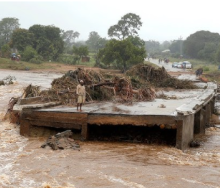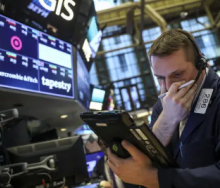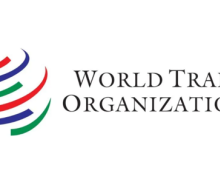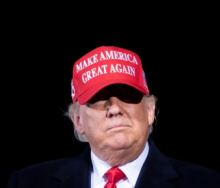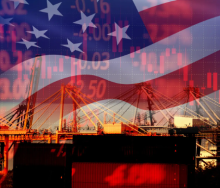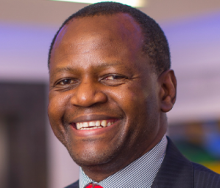Tension is mounting on the East Africa Community (EAC) to act decisively against escalating military skirmishes in the North Kivu region of the Democratic Republic of the Congo (DRC).
This after a rebel group’s attacks blocked an important supply-chain artery, the RN2 highway, linking the province’s capital of Goma with Uganda.
Fighting that has flared up in the region north of the city threatens to destabilise peace that has lasted for at least a decade after the M23 took up arms against the government in Kinshasa.
To make matters worse, Kinshasa’s refusal to negotiate with the rebels, a Tutsi-led militia group reportedly funded by interests in neighbouring Rwanda, could scupper the country’s nascent membership of the EAC.
For several years the DRC has unsuccessfully applied for membership of Africa’s most progressive economic bloc, the only customs area of its kind with its own constitution and legislative powers.
Prior to finally recognising the DRC in May and officially welcoming it into the community’s fold in July, the EAC cited rampant government corruption and fiscal uncertainties as the reasons why Kinshasa had consistently failed with its membership application.
The EAC also expressed fears about whether the DRC would be able to afford the $8 million in annual membership fees, but the government of Felix Tshisekedi has rebuffed these concerns.
However, renewed conflict in the area, causing the death of about 10 people in the last few days and the displacement of about 34 500 from the Rutshuru region, is driving tension to a head between Rwanda and the DRC.
A statement issued in Kigali said: “Continued public incitement on the basis of ethnicity, use of heavy weaponry, targeting of Rwanda’s border zone, and baseless accusations against Rwanda are unacceptable.”
Kinshasa immediately hit back against Rwanda’s “strategy of permanent interference in the internal affairs of the DRC to maintain a climate of terror in this part of the country and thus continue the work of plundering that is recognised worldwide”.
The diplomatic row has since spread beyond the region bordering the DRC, Rwanda and Uganda after the US Administration condemned renewed fighting in North Kivu.
It sided with the DRC, accusing Rwanda of fuelling the conflict through its support of M23.
